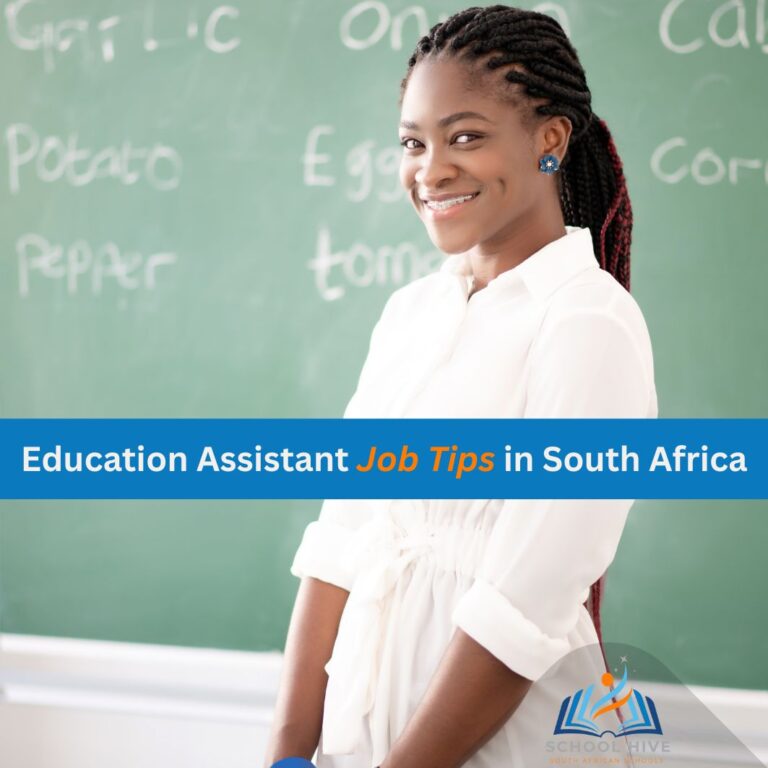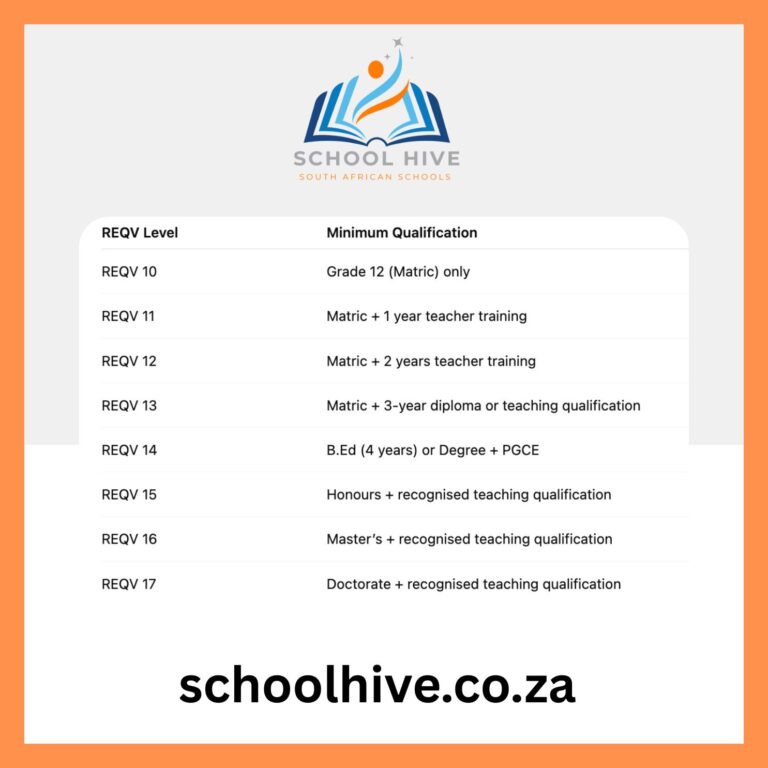Child development in South Africa is facing a silent crisis, and it starts with the foundation phase: Grade R.
Over 7,000 Grade R teachers across South Africa are not qualified to teach at that level. This was confirmed in a recent sitting of the Parliamentary Committee on Basic Education, raising questions about the readiness of the Department of Basic Education to roll out compulsory Grade R education under the BELA Bill.
According to the department, South Africa currently has around 25,944 qualified Grade R teachers, however the gap is undeniable. KwaZulu-Natal province leads with the highest number of unqualified Grade R educators, followed by the Western Cape.
What makes this matters worse is that KZN alone still has 198 schools without any Grade R classrooms.
Let us look at these quick statistics which are covered in this article:
- 27% of Grade R teachers in South Africa are unqualified, meaning over 7,000 out of 25,944 have no formal training for this level.
- KwaZulu-Natal has the highest number of unqualified Grade R teachers, followed by the Western Cape.
- 198 schools in KwaZulu-Natal currently have no Grade R classes at all.
- The minimum requirement to teach Grade R under SACE regulations is matric plus a three-year qualification.
- Some Grade R teachers have been teaching informally for over 25 years, often without any recognised qualification.
- Most unqualified teachers are women in informal or rural communities, many of whom are now too old to upgrade their qualifications.
- The BELA Bill will make Grade R compulsory, increasing the demand for both qualified teachers and classroom space.
- Many informal Grade R centres are not registered or attached to primary schools, making integration difficult.
- Afrikaans-medium Model C schools generally do not face overcrowding and have better infrastructure to handle Grade R.
- The Department of Basic Education does not yet have a clear national plan to address the upskilling, transition, or replacement of unqualified Grade R teachers.
---Advert---
Why So Many Grade R Teachers Are Not Qualified
The core of the issue lies in the history of informality in South Africa’s early childhood education sector. Many of the current Grade R teachers started out in community-run preschools or informal creches. These were often located in informal settlements or rural areas where formal schooling was not easily accessible by many.
As explained by Basil Manuel, Executive Director of NAPTOSA, most of these individuals were never formally trained. Some are elderly women who have been looking after children in their communities for over 20 years. Their contribution has been vital, allowing parents to go to work while their children were in safe hands of available teachers. But without formal qualifications, these educators now fall short of the criteria required by the South African Council for Educators (SACE), which includes a minimum of matric and a three-year teaching qualification.
The Dilemma: Replace or Upskill?
When it comes to dealing with Grade R teachers that lack minimum qualifications, it is not as simple as hiring new teachers to replace the unqualified ones. For many, teaching has been their life’s work despite the lack of formal training. NAPTOSA argues that the focus should be on upgrading and supporting this group instead of pushing them out.
However, some of these unqualified Grade R teachers are too old to complete formal training or their education level is too low to qualify for teaching diplomas. There is still no clear plan from the department on how to manage these exceptions. There is also no official roadmap on how upskilling programmes will be rolled out and how SACE will be involved in the vetting process during this transition.
Infrastructure Issues and Overcrowding
Even if the teacher qualification issue were resolved, South Africa still faces serious infrastructure challenges. Many primary schools are already overcrowded. While some schools have made their own plans to accommodate Grade R, others simply do not have the space or funding.
In better-resourced former Model C schools, especially Afrikaans-medium schools, there is often enough classroom space and additional funding to handle Grade R integration. But this is not the case in poorer communities, where there is no money for large-scale building projects.
Without a funded, detailed national plan, overcrowding and infrastructure gaps will continue to block progress, even if qualified teachers are available.
So What Now?
Grade R is set to become compulsory under the BELA Bill, which means this situation cannot be left unresolved. But the current conditions show that the system is far from ready. The country needs a phased, well-funded rollout plan that considers:
- How unqualified teachers will be assisted or transitioned.
- How schools without Grade R will be equipped.
- How overcrowded schools will accommodate new learners.
- How the quality of early childhood education will be monitored.
For now, we must know that thousands of Grade R learners are sitting in front of unqualified teachers, because the system never formalised this level of education from the start.
---Advert---






